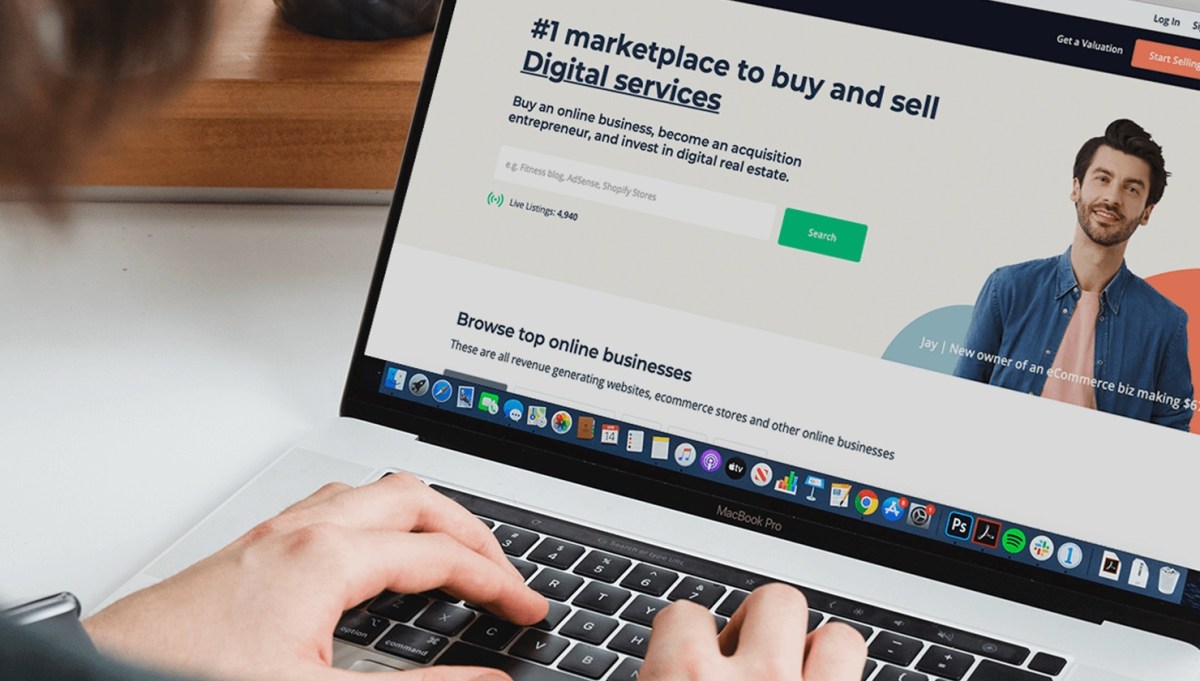Over the last two years, Australian retailers benefited from government stimulus, closed borders, increased expenditure on household goods, and changing consumer shopping behaviour. Now, retailers are facing a range of headwinds from rising inflation and raw material prices to falling consumer spending.
Finding the cash to invest in growth, innovation and product development will be difficult as margins are squeezed, yet growing the size of your ecommerce footprint has never been more essential: According to Shop Association ANZ, 9 in 10 of us now engage in hybrid shopping – moving between physical and online stores before making a purchase. Retailers with the best ecommerce operations, which are typically more cost effective than bricks-and-mortar stores, will be best placed to grow despite the economic turbulence.
But establishing or evolving your online presence can be complex and costly particularly if your business lacks the internal skills and expertise required to set up a successful digital ecommerce platform. Once set up, it could take years of marketing efforts to establish a loyal customer base, while moving into new foreign markets will bring fresh challenges such as unfamiliar customers, supply chain issues and regulatory regimes.
No wonder then, that the market for off-the-shelf online business assets is booming. Buying a ready-made online business offers ambitious retailers a number of significant advantages, without the time expense of having to establish new operations from scratch.

Take the risk out of expansion and innovation
Many digital assets are sold by individual entrepreneurs who have already created valuable customer bases and income streams for their websites, e-commerce platforms and apps. Acquiring blogs, stores, sites and apps off the shelf therefore enables retailers to expand operations with a high degree of confidence.
This approach also enables retailers to quickly catch up with rising customer expectations. Consumers expect more from apps and web-based services, with many businesses now using artificial intelligence technologies to anticipate customer needs and preferences, provide recommendations and offer more curated shopping experiences. Buying an existing app or service is a less risky way to add these capabilities to your business without hiring a developer team to build it yourself.
Buyers can find assets that align with their values and needs, even if highly niche
Global online marketplaces, like Flippa, offer the perfect platform for buyers to find assets that are the right fit for them. The retail industry is highly competitive and this is leading to ecommerce firms servicing highly niche customer groups. Retailers looking to expand to reach new customer groups or acquire rival companies can filter such marketplaces by their individual preferences or needs, business objectives, or desired end customer.
Digital asset marketplaces also make it easy for buyers and sellers, many of which may not be large enough to employ specialised due diligence and compliance teams, to invest or sell their assets. Tools such as integrated funds verification, embedded letters of intent, local currency pricing and the ability to invite third parties to a deal within the platform ensure that buyers and sellers of any size can be involved in trading assets.
M&A fever to hit private ecommerce market
Times of economic distress typically lead to upticks in M&A activity, as well-financed businesses acquire rivals hit harder by a downturn. Just like physical real estate, high-quality public companies or large private companies are scarce and therefore, will always attract strong interest from buyers. This is the same for smaller private companies, including revenue-generating ecommerce businesses, apps, websites and other digital assets.
We’re seeing digital real estate selling at a record pace, with transaction volume and value increasing over the first half of 2022. This trend is unlikely to abate given that consumer demand for high quality digital experiences is never going to go away. Australians are spending more and more from the comfort of their own homes and so acquiring digital assets can let a retailer take greater advantage of this opportunity while reducing risk, time and development overheads. To be future ready in the retail sector, would-be buyers need to jump on this opportunity and acquire the right assets before their rivals do.
Blake Hutchinson is CEO of Flippa.

